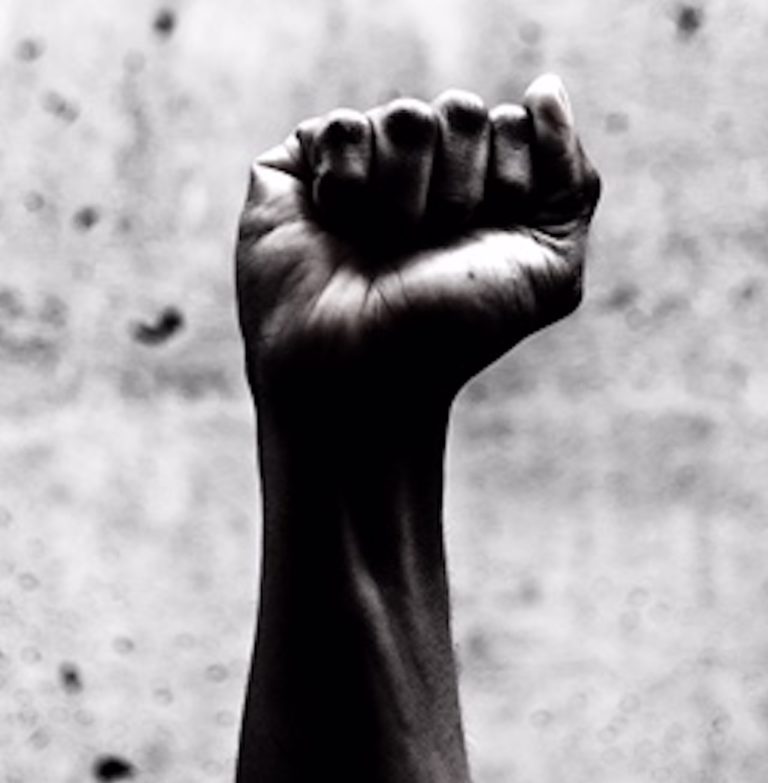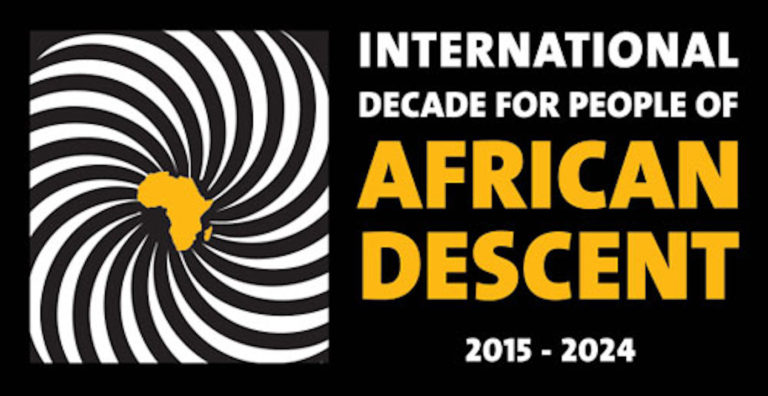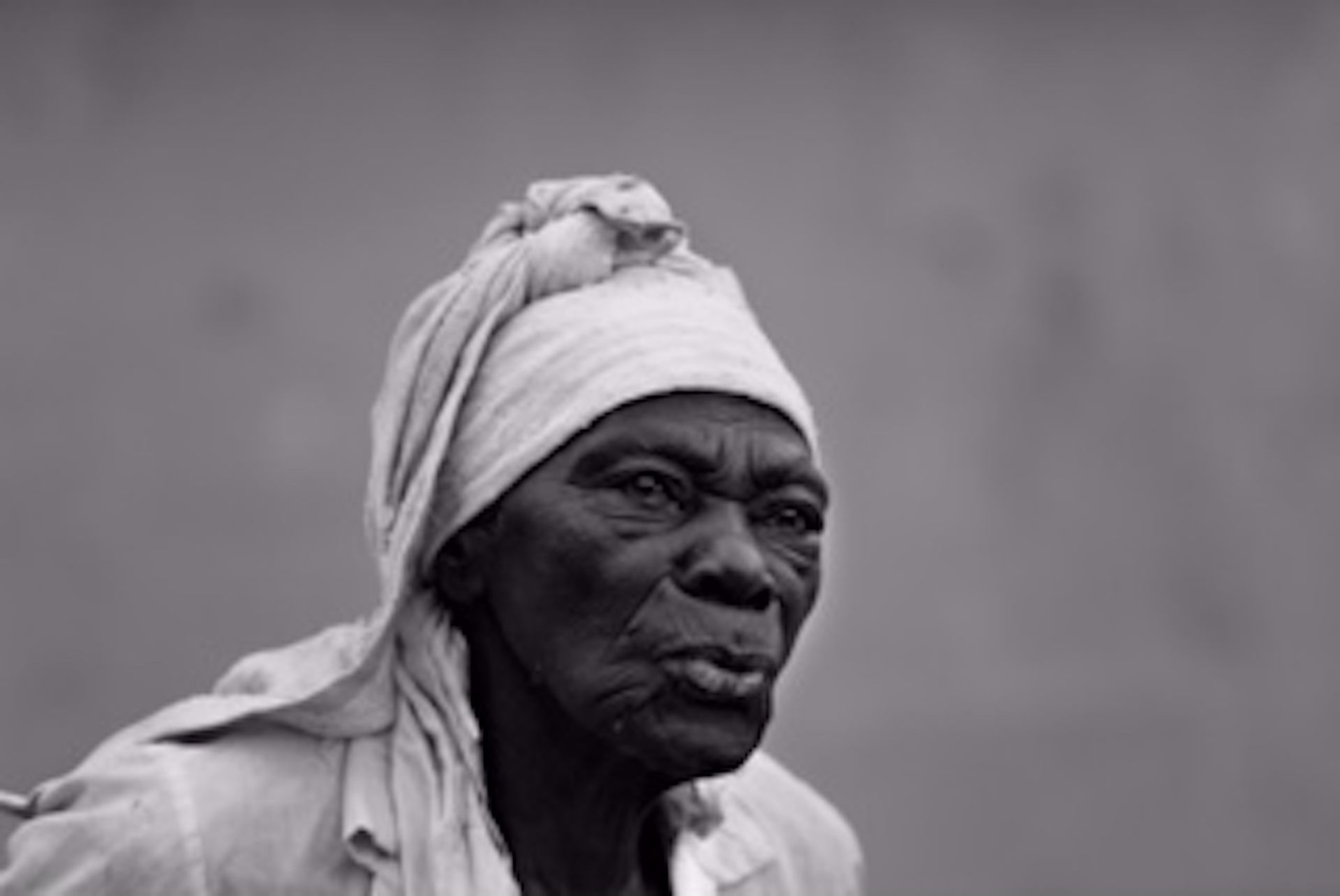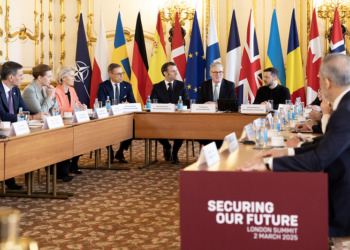Reparations. The contentious term is constantly flung around, but what does it actually mean? According to the Merriam Webster dictionary, the term can mean the following:
1) a. A repair or keeping in repair
b. Reparations plural: repairs
2) a. The act of making amends, offering expiation, or giving satisfaction for a wrong or injury
b. Something done or given as amends or satisfaction
3) The payment of damages: INDEMNIFICATION
Specifically: compensation in money or materials payable by a defeated nation for damages to or expenditures sustained by another nation as a result of hostilities with the defeated nation- usually in plural.
But, what do reparations look like in reality? For proponents of reparations, particularly in the Americas, reparations are a form of reparatory justice for historical wrongdoings committed during the institution of the transatlantic slave trade system. Professor Verene, Shepherd Chair of the Jamaica National Commission on Reparation, Vice Chair of the Caribbean Community Commission on Reparations (CCR), and Director of the Centre for Reparation Research at the University of the West Indies (UWI) Mona campus, connects the term to “restorative justice” for actions committed of a criminal nature. She further argues that “identifying and taking steps to repair harm is to unequivocally acknowledge that wrong was done and to make amends.”

Similarly, Professor Sir Hilary Beckles, Vice Chancellor of UWI, Chair of the CCR, and Vice President of the UNESCO Global Slave Routes project, underlines the importance of a full formal apology to kickstart the conversation on reparations. The apology would be a testimony that the perpetrator of the crime admits guilt for their wrongdoing and accepts the consequences of the offence.
Professor Shepherd and Professor Beckles are at the forefront of the Caribbean reparations discourse with the CCR being the axis of regional claim. The Commission, formed in 2013 by Caribbean leaders, has a mandate to “establish the moral, ethical and legal case for the payment of Reparations by the Governments of all the former colonial powers and the relevant institutions of those countries, to the nations and people of the Caribbean Community for the Crimes against Humanity of Native Genocide, the Trans-Atlantic Slave Trade and a racialised system of chattel Slavery.”
Under international conventions and statutes, the international slave trade is considered a crime against humanity. The 1998 Rome Statute, which was the core instrument for establishing the International Criminal Court, states that crimes against humanity include enslavement, deportation or forcible transfer of populations, torture, genocide, and other inhumane acts, among others. Furthermore, the 2001 Durban Declaration and Program of Action which was created at the World Conference Against Racism deemed the atrocities of the transatlantic slave trade as “among the major sources and manifestations of racism, racial discrimination, xenophobia and related intolerance, and that Africans and people of African descent, Asians and people of Asian descent and indigenous peoples were victims of these acts and continue to be victims of their consequences”.
Indeed, calls for reparations directly relate the turbulent history of African enslavement, the genocide of indigenous peoples, and colonialism to the contemporary social, political and economic ills that afflict regions like the Americas. The CCR’s 10-point action plan is a roadmap geared to guide European countries along the reconciliatory process to heal past wounds that still inflict pain in the region today.
Editor’s Picks:
My Truth, Your Truth, Their Truth, and “The” Truth
Maya of the Past, Indians of the Present: Racism and History in Guatemala
A Woman’s Place: The Nobel Peace Prize
On June 19 (Juneteenth) 2019 the United States House Judiciary Subcommittee on the Constitution, Civil Rights and Civil Liberties held a historic hearing on H.R. 40, a bill to create a commission to study reparation proposals for African Americans which is a rather incredible feat in the era of Trump. The likes of actor and activist Danny Glover, writer and journalist Ta- Nehisi Coates who is the author of The Case for Reparations, and Economist Dr Julianne Malveaux, all testified in favour of compensation for historical injustices of slavery for African Americans.
Additionally, other countries in the Americas such as Peru have taken steps towards redressing past wrongs. In November 2009, then-President Alan Garcia offered a formal apology to the Afro-Peruvian population for the government’s wrongdoings from the colonial epoch to the present day. The Supreme Decree 010-2009 Perdón Histórico (Historic Apology) recognises the systematic abuses, discrimination and exclusion endured by people of African descent in Peru. However, critics of the formal apology point out the omission of the word “slavery” and the implicit confusion with the choice of the word perdón which is translatable as pardon. Carlos Lopez Schmidt, an Afro-Peruvian activist, suggests that it could read as though the Peruvian State is excusing Afro-Peruvians rather than apologizing to them for historical wrongdoings.
On the other hand, governments in Europe have not been as forthcoming. The United Kingdom, for instance, does not see the merit in joining the reparations debate. Great Britain’s stance on the matter of reparations is that the de facto and de jure status of the transatlantic slave trade disqualifies it from being a crime against humanity. In fact, the U.K. along with other former slave regimes of Europe maintain the viewpoint that slavery is too remote to be considered for remedial justice.
At the 2001 Durban World Conference Against Racism, Racial Discrimination, Xenophobia and Related Intolerance, the U.K. government stated that “it would not be sensible for governments to accept responsibility for the actions of governments so long ago. What is important is what we do in the present.”

Currently, efforts are being made in Scotland to right past wrongs. The University of Glasgow and UWI are implementing a historic Memorandum of Understanding whereby the University of Glasgow has pledged to raise and spend £20 million as part of its reparatory justice programme. The two universities are forging a fundamental academic alliance to establish a Glasgow-Caribbean Centre for Development Research. This symbolic act on the part of Glasgow is an admission of the “significant financial support from people whose wealth derived, in part, from slavery.”
Indeed, in recent years international institutions such as the United Nations (UN) have taken steps to promote and protect the human rights of Afro descendants.
First, the UN Working Group of Experts on People of African Descent, established in 2002 and overseen by the Human Rights Council, has been tasked with analysing racial discrimination faced by people of African descent on the global level. Furthermore, with the data they receive from governments, non-governmental organisations (NGO’s), and other sources, the experts propose effective measures for States to take in order to eliminate racial discrimination.
Second, in December 2009 the UN General Assembly declared 2011 as the International Year for People of African Descent. The aim of this commemoration was to strengthen national, regional, and international commitment to working for the benefit of Afro descendants. Special emphasis was given to civil, political, social, economic, and cultural rights, while increased knowledge of and respect for the diverse patrimony of people of African descent was also promoted.

Third, the UN General Assembly through Resolution (68/237) proclaimed 2015-2024 as the International Decade for People of African Descent. The three main pillars of the decade are:
Justice: Designing and implementing effective measures to improve access to justice.
Development: Adopting measures in line with the Right to Development and protecting people of African descent.
Recognition: People of African Descent should enjoy the right to equality and non-discrimination.
Preliminary steps are being taken to redress the historical legacy of the transatlantic slave trade due to decades of vehement advocacy from activists throughout the Afro diaspora. While there are some efforts being made to recognise, promote ,and protect the rights of people of African descent through symbolic acts and apologies, it is unclear whether these progressive steps will lead to fruitful and meaningful reparations and whether more governments will see it fit to engage in reparatory processes.









